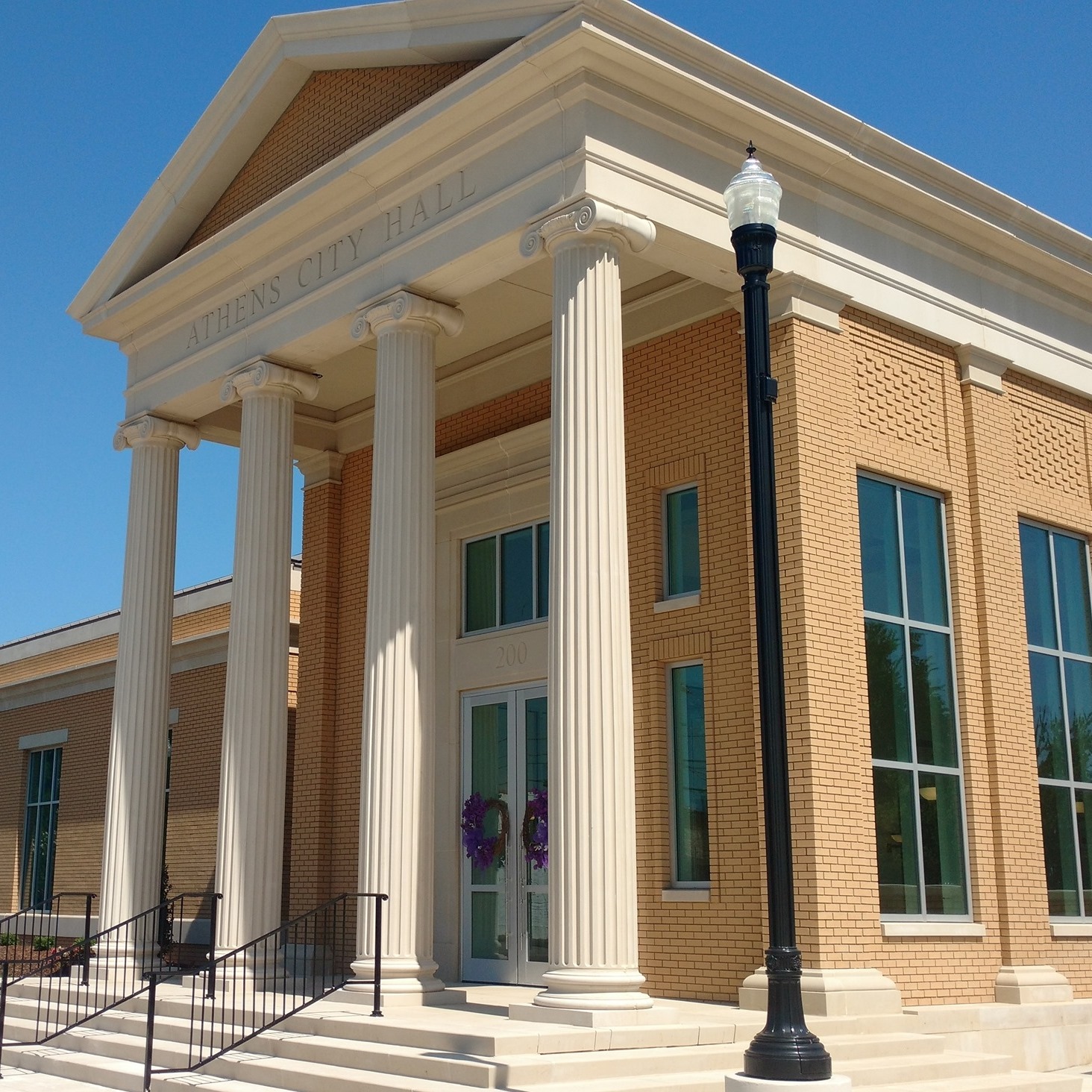LCWSA: Customers reminded to watch where they mow
Published 6:30 am Thursday, June 20, 2019

- These two electronic Limestone County Water & Sewer Authority meters were damaged by mowers in 2018 and had to be replaced.
Now that lawn-mowing season is in full swing, those served by Limestone County Water & Sewer Authority should be mindful about hitting and damaging in-ground digital water meters.
Daryl Williamson, chief executive officer for LCWSA, said 20 out of 25,000 customers have been billed for broken meters this calendar year. The cost to replace a meter is $200.
Trending
That number is a significant decrease from the 100 meters reported damaged by this time last year.
The replacement cost is added to the customer’s monthly bill, but if a customer can’t pay the entire sum at one time, Williamson said it may be paid in installments.
“We don’t want to put anybody in a hardship,” he said.
The digital meters are installed on top of the customer’s meter box and are about a quarter-inch higher than the box. The elevation means they’re more susceptible to being damaged by a mower.
“Typically, what we see are people who have grass that’s really short and (the meter) is in Bermuda or zoysia,” he said. “(The homeowner) will drop that mower deck down and either the deck will break (the meter) or the blade will cut it.”
A damaged meter can be detected in one of two ways. The meter will tell LCWSA about abnormal usage or the meter will show abnormal usage when polled for a reading. If a meter doesn’t provide information, it’s a sign it needs to be checked.
Trending
Williamson previously told The News Courier there are several benefits to the digital meters, including improved customer service and water conservation.
Prior to the implementation of the digital meters, meters were read every 30 days and a bill would be generated and sent to the customer. The new meters no longer have to be read manually because they send a signal back to LCWSA. A series of collectors, or transmitters, are used to read the meter signals.
Williamson said the meters can help the utility conserve water and customers save money because it can detect a water leak much quicker than a LCWSA worker. For example, if a customer’s water reading never hits the zero mark within a 72-hour period, the meter sends a leak alert to the utility.
Similarly, if a resident’s water use hits 5,000 gallons in a 24-hour period, that’s also a sign of a potential water leak.





